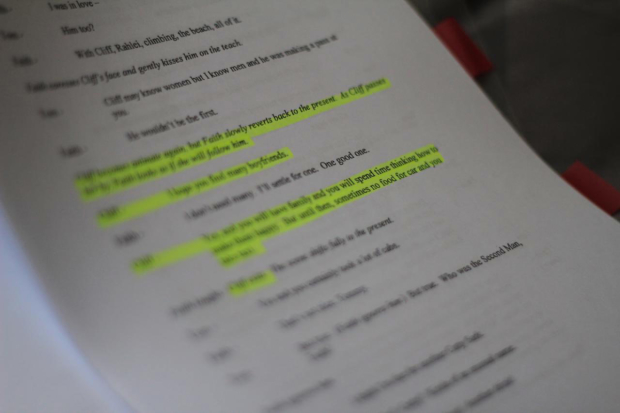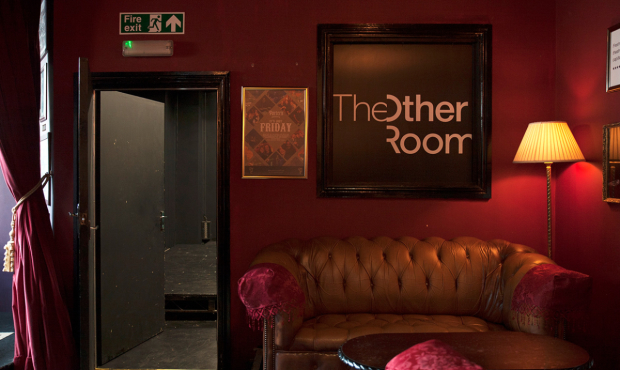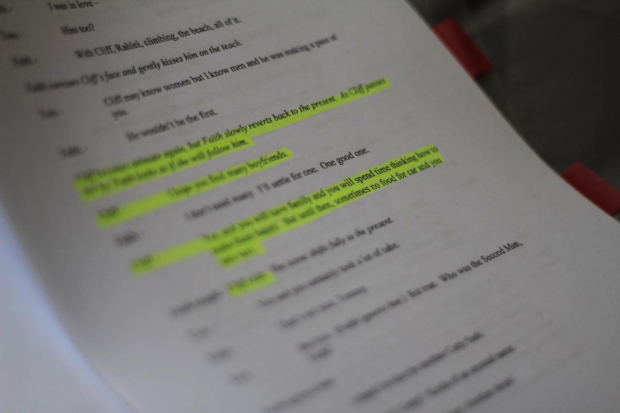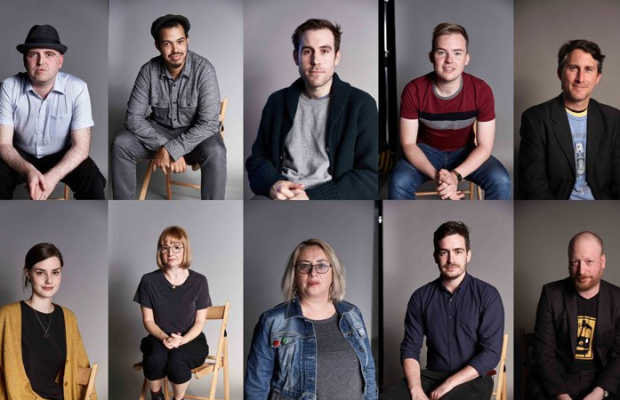Has British theatre become too dependent on playwriting competitions?

Our biggest playwriting prizes have impressive track records. Winners have gone on to big things in theatre and elsewhere. The Royal Exchange’s Bruntwood Prize counts Alistair McDowall, Vivienne Franzmann and Duncan Macmillan among its alumni – the last of whom is the toast of New York with 1984 and People, Places and Things smashing it. Soho’s Verity Bargate award, meanwhile, can claim Bonnie Greer, Judy Upton and Oscar-nominee Matt Charman. Awards unearth and reward new talent. Proper playwrights win prizes.
But has British theatre become too dependent on competitions when it comes to discovering new voices? As funding cuts have bedded in, literary departments have seized up and very few are still open to unsolicited scripts – an inefficient way to find new plays, they argue. Maybe so, but it erects a big barrier to new talent and, as a result, playwriting competitions are put under more and more pressure.
More writers than ever are entering these prizes. The Bruntwood received 1898 scripts this year, of which 10 were shortlisted last week. The Verity Bargate team read 1064 and even the unfunded Theatre503 pulled in 1629 entries for its award last year. That’s a lot of scripts in search of a stage.
Judging playwriting prizes made me realise how much we're missing out
This year, for the first time, I got involved in two of these prizes – helping to judge the Verity Bargate award and reading, en route, for the Bruntwood Prize. It meant sitting down with some 20-odd scripts over the summer: some brilliant, some not so much; most flawed in some way or other, but many interesting enough to intrigue.
Both processes made me realise how much we’re missing out – how many scripts have something worth staging, or at least worth developing, and consequently, how much a writer’s reputation plays a part in the way theatres are programming. With all these scripts knocking around – many hopeless, but plenty rather special – why do we see the same playwrights on repeat? Are our theatres really staging the best scripts, or is it the safest bets that make the stage? Those writers with track records, who’ve already made their name and might even pull in a crowd. It’s reasonable, of course, but it doesn’t necessarily result in the best work, let alone the riskiest.
I worry that a drawbridge has been pulled up on a generation of playwrights. A whole raft of emerging writers has, inadvertently, been shut out of a system that embraced their predecessors and reaped the benefits. I’ve written about this before, but major new writing outfits like the Royal Court, the Bush and Paines Plough have all but stopped giving first-time playwrights premieres. Of our specialist, subsidised new writing theatres, only the Hampstead has staged debuts regularly, and even then, only in its studio, out of critical sight. (Good news: its no-critic policy is ending next year.)
It means playwrights need success to get started. Either they have a hit on the fringe – a process that entails low-or-no pay and leaves a lot up to luck, from collaborators to critics’ schedules – or they come through a competition. That, increasingly, is where writing careers are launched: not built on support, but plucked from the pack.
Competitions cannot be the be all and end all when it comes to discovering new talent
Playwriting prizes are brilliant. They open up opportunities and widen the net. With the right care and steering, they might cut through systemic prejudices and barriers to access, while, at the end, shining a spotlight on someone unknown, bringing media attention and public interest to a new playwright. Victory can make a writer’s name overnight. They focus a theatre on finding new plays and, in the process, addressing what exactly they’re after.
But competitions cannot be the be all and end all when it comes to discovering new talent. Alone, they are not enough.
Theatres risk squeezing their search for new writers into short, intense bursts. For all the care involved – Bruntwood entries are whittled down through four rounds of reading before the judges arrive – it means processing a vast number of scripts in a short space of time. Some will, inevitably, slip through the net.
Would Blasted or The Birthday Party have won playwriting prizes?
That competitions are judged by committee inevitably risks favouring a certain kind of play – the sort that makes sense or conforms to old norms. It takes one off-key reader to dismiss something brilliant or, more likely, extraordinary. Talent always needs recognising, but in competitions, it needs agreeing on as well. Consensus may lead to excellence, but it might not serve the exceptional. Would Blasted or The Birthday Party – paradigm-shifting plays both – have won playwriting prizes? Often it takes an individual to run a script home: a director or producer who backs a script and pushes it through to production.
At the same time, writing competitions are a zero-sum game. Great if you reach the shortlist, next to useless if not. Those that fall short are, broadly speaking, discarded – no meeting, no support, no help going forward. A literary department might pass a script on elsewhere, but in the churn of competition, they tend to get struck off and forgotten. It all adds to the weight on a young writer’s shoulders: not just writing for free, but having to then enter for a prize.
The work our theatres do with new writers does extend beyond these prizes. They run development schemes and writers groups. Literary departments see work and meet writers. But, increasingly, prizes are the surest way of a playwright getting a production – and without that, without their work ending up onstage, a playwright’s development stops short. It’s happening to too many emerging writers. If prizes are their best hope for production, their best hope is little more than a punt.














